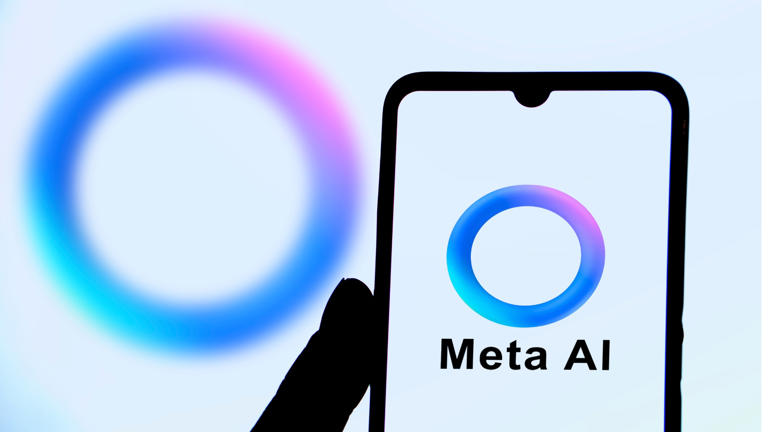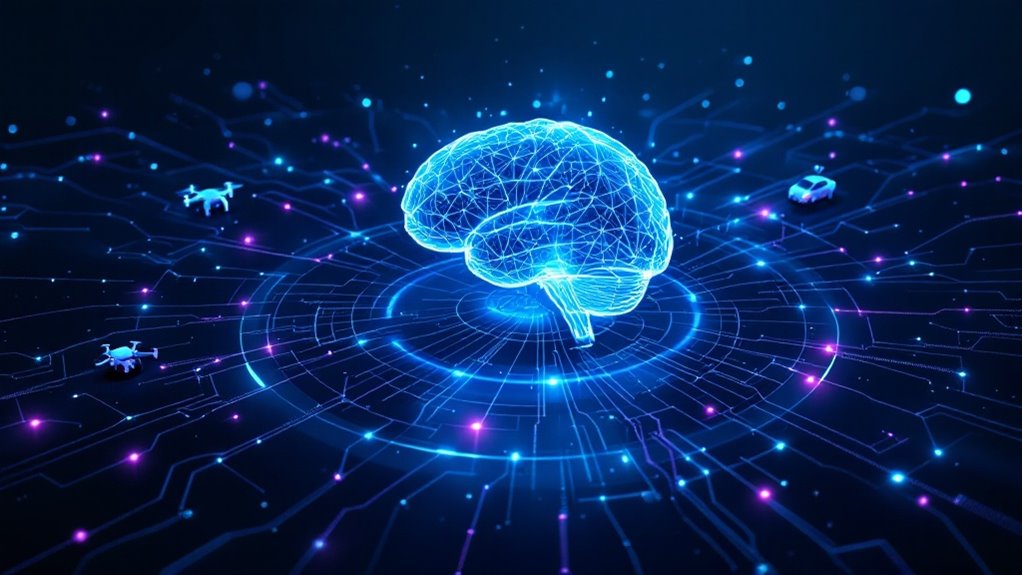Free options like Andrew Ng’s Coursera course and Google’s ML Crash Course offer solid foundations without spending a dime. For hands-on learning, Kaggle competitions let you apply skills to real-world problems. Those preferring interactive experiences should check DataCamp’s bite-sized lessons, while business professionals might benefit from IBM Watson’s practical approach. Mix platforms for a well-rounded AI education—each resource brings something unique to your learning toolkit.
As the artificial intelligence revolution continues to transform industries at breakneck speed, thousands of professionals and curious learners are scrambling to get up to speed with AI fundamentals. The good news? You don’t need a PhD from Stanford or a desk at DeepMind to join the AI party—just an internet connection and some dedication.
For those looking to dip their toes in without opening their wallets, several free options stand out. Andrew Ng’s legendary Machine Learning course on Coursera has become something of a rite of passage for AI newcomers. Google’s Machine Learning Crash Course offers a no-nonsense approach with video lectures and practical exercises. And yes, even W3Schools—that faithful companion of confused coders everywhere—now offers beginner-friendly ML content.
The serious learner might consider more extensive platforms. Coursera partners with top universities and tech giants to deliver everything from basic concepts to advanced techniques. Microsoft Learn and Google AI both provide structured learning paths that blend theory with practical experience using their respective cloud services. These platforms often feature content from top AI institutions like Carnegie Mellon, MIT, and Toronto, known for their pioneering degree programs in artificial intelligence.
For the “learn by doing” crowd, Kaggle is the undisputed champion. Think of it as the Fight Club of AI—except everyone talks about it. Competitions on real-world datasets force you to apply your skills under pressure, and their learning roadmap guides beginners through the AI wilderness with surprising gentleness. Kaggle’s community-driven resources offer excellent opportunities to apply and enhance your real-world skills through practical data science challenges.
DataCamp deserves special mention for those who prefer interactive coding experiences. Their bite-sized lessons make learning feel less like studying and more like solving puzzles. It’s the gamification of education without the annoying microtransactions.
Business-minded learners gravitate toward IBM Watson’s offerings, which focus on practical applications rather than theoretical elegance. After all, your boss doesn’t care about elegant algorithms—they want results that impact the bottom line. The IBM Data Science professional certificate on Coursera teaches essential skills in data visualization and SQL, perfect for those wanting to apply AI in business contexts.
Whatever resource you choose, consistency trumps intensity. Better to spend 30 minutes daily than six hours once a month when your motivation briefly spikes after watching another documentary about AI taking over the world.









